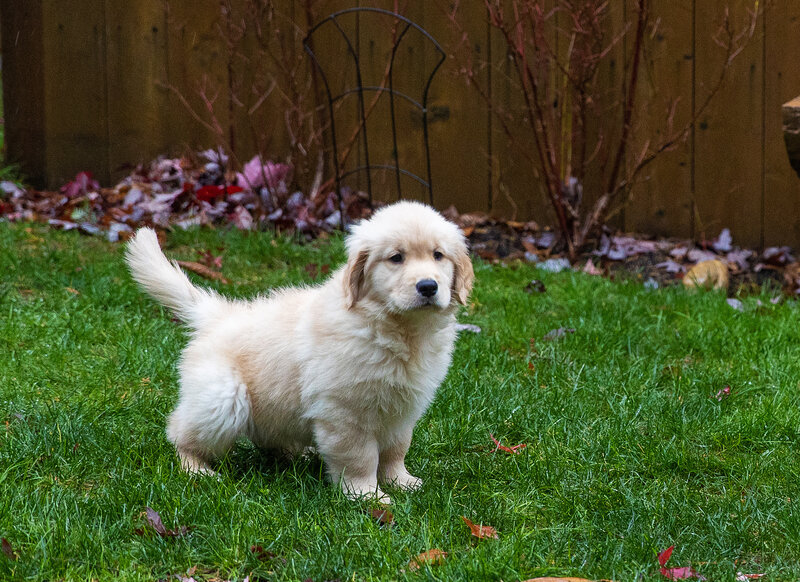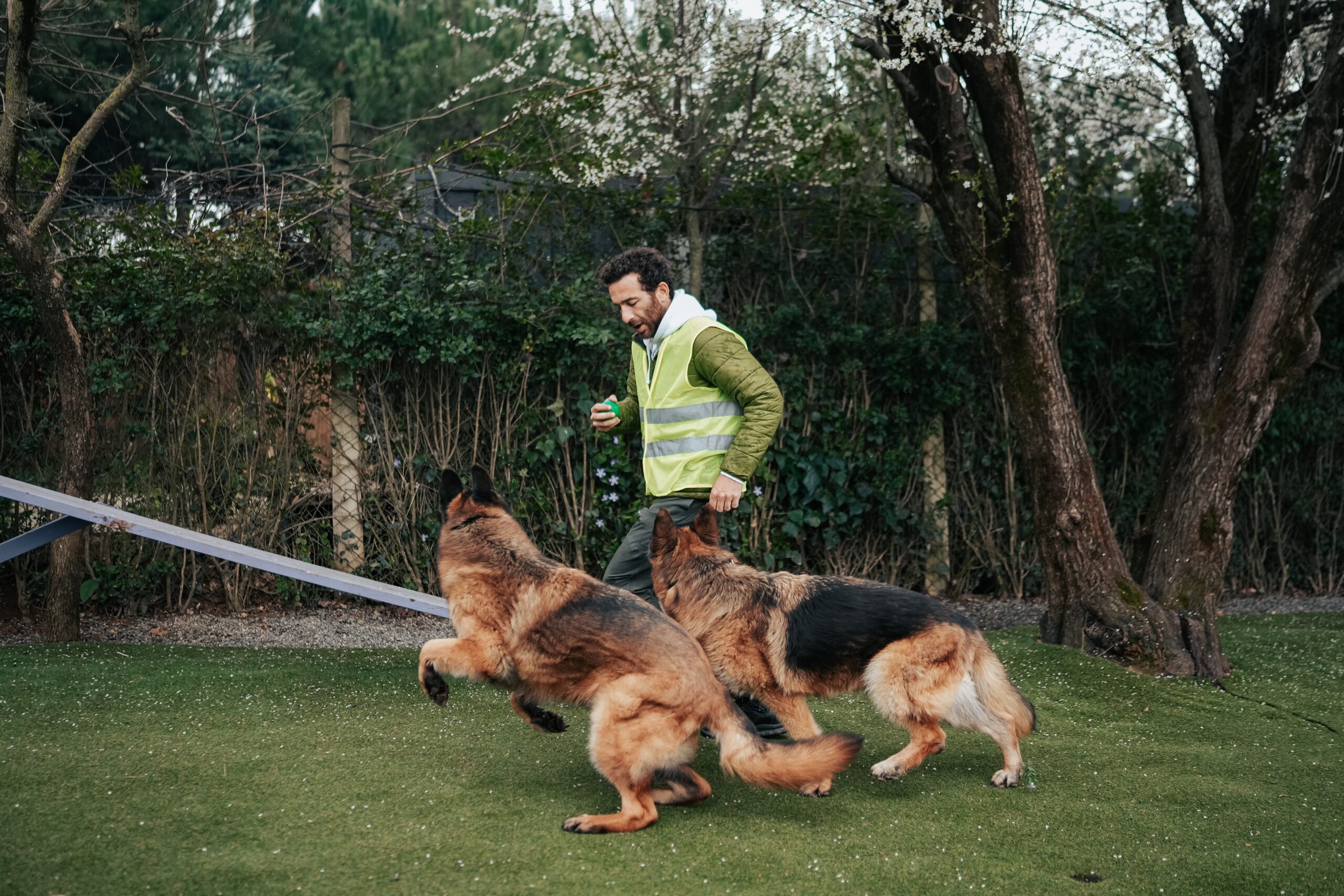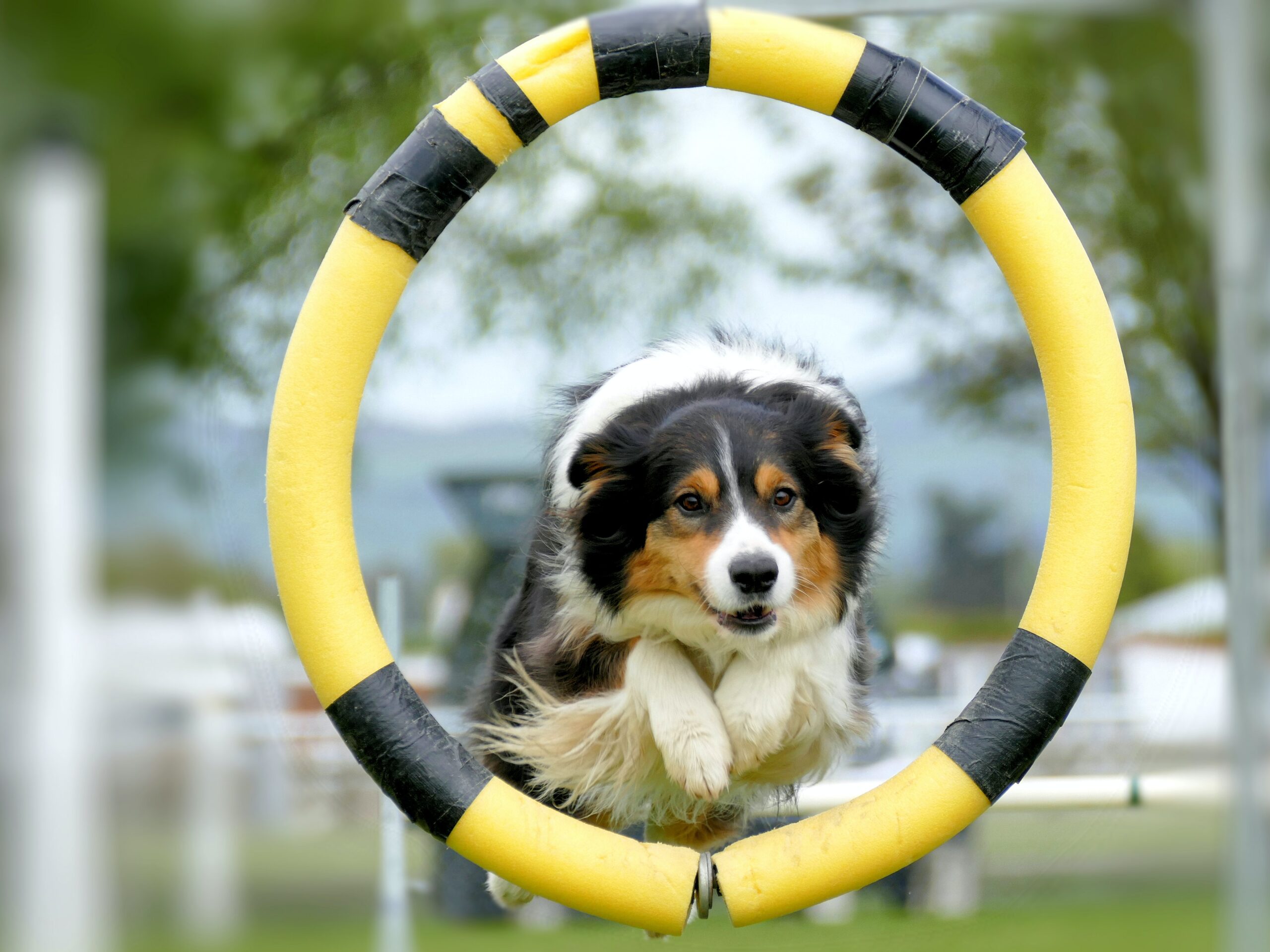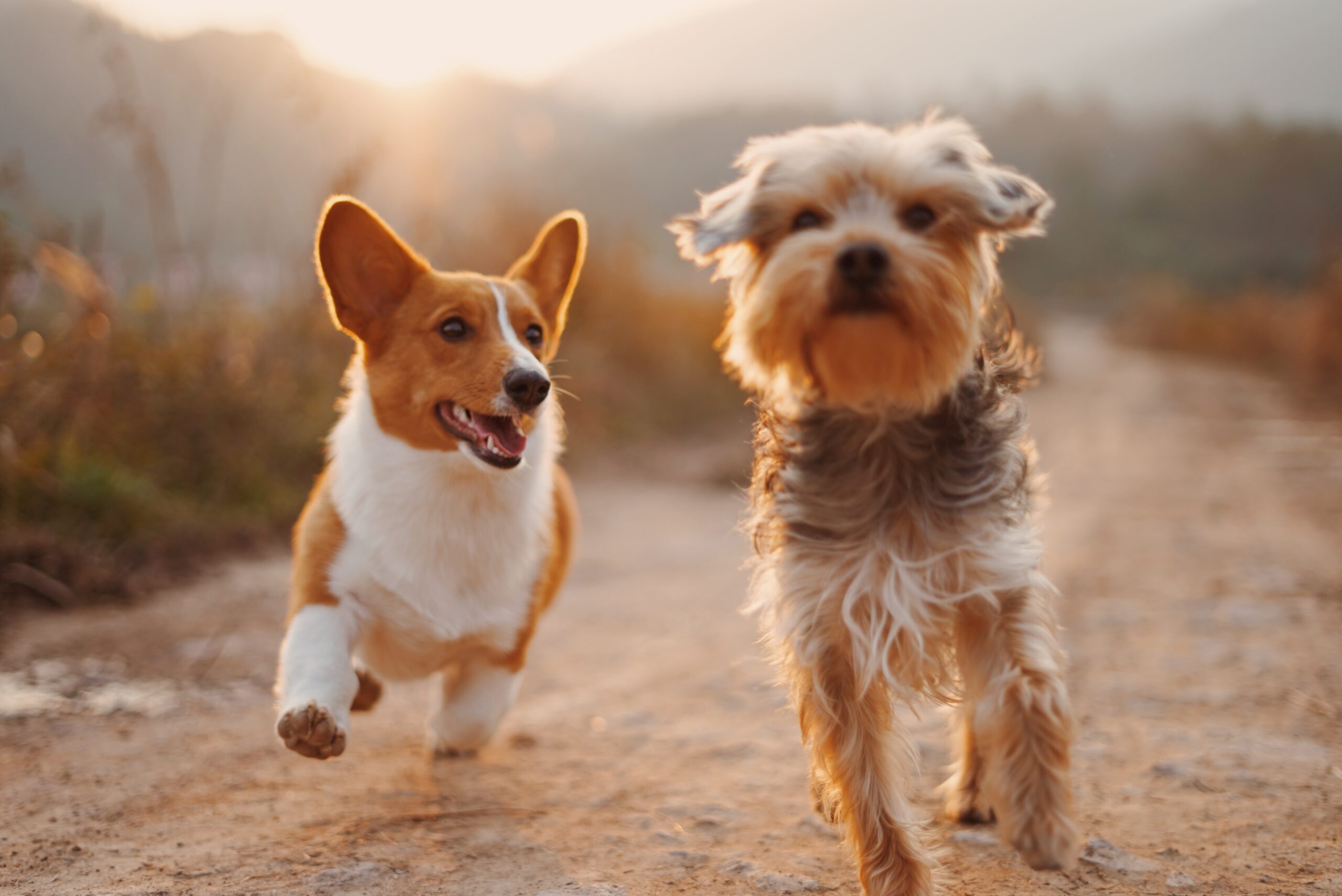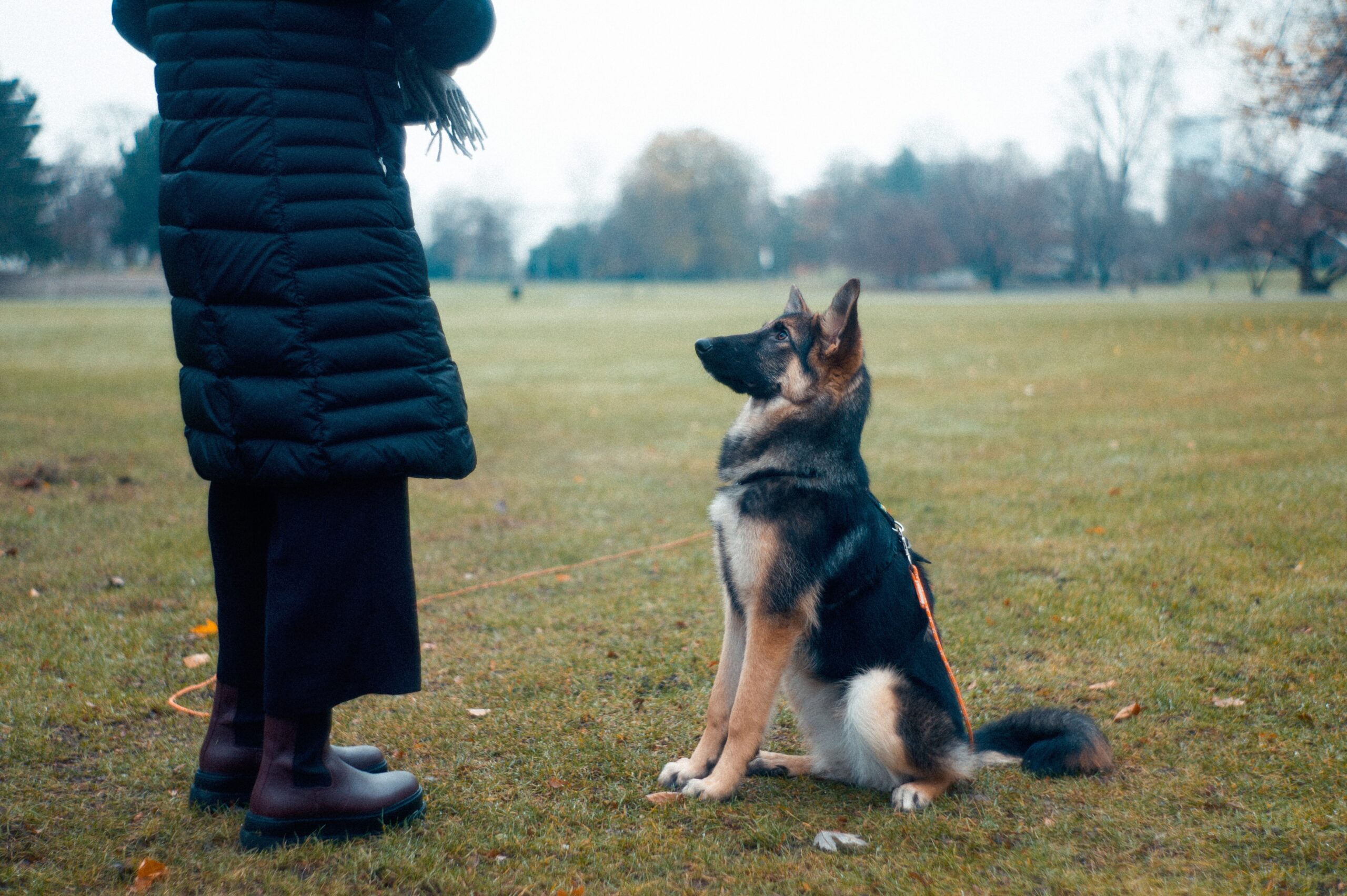Common Dog Behavioural Issues: Expert Advice and Training Techniques

Owning a dog can be a rewarding and fulfilling experience, providing unparalleled companionship, love, and joy. However, sometimes, our canine friends may develop behavioural issues, presenting challenges that can impact the harmony and happiness of your home.
At Pup Club Official, our comprehensive dog training, socialisation, and stimulation membership aims to support you in navigating and managing these behavioural challenges, providing the resources and expert guidance needed to address and rectify these behaviours in a positive, effective manner.
In this insightful blog post, we will delve into common dog behavioural issues, exploring the underlying causes and offering expert advice on how to manage and resolve these challenges through positive reinforcement and training techniques.
We will discuss various behavioural issues such as destructive chewing, excessive barking, separation anxiety, and leash reactivity, providing valuable tips on how to address and mitigate these behaviours to maintain a harmonious and contented household.
Furthermore, we will explore the role of our comprehensive Pup Club Official membership in offering additional resources, support, and guidance on addressing dog behavioural issues, ensuring you feel well-equipped and empowered to foster a close and ever-strengthening bond with your canine companion.
Join Pup Club Official on this transformative journey towards understanding and overcoming common dog behavioural issues. Armed with our comprehensive dog training, socialisation, and stimulation membership, you will have access to invaluable insights and techniques that will not only help resolve these challenges but also strengthen the connection between you and your four-legged friend, enriching your life together and cultivating an enduring and loving relationship.
Destructive Chewing: Causes and Solutions
Chewing is a natural canine behaviour, providing mental stimulation, promoting dental health, and relieving stress or boredom. However, when chewing becomes destructive, it can cause considerable damage to your possessions and home. Below are common causes and solutions to destructive chewing:
- Teething Discomfort: Puppies may chew destructively during the teething process to alleviate gum discomfort. Providing your puppy with safe and appropriate chew toys designed for teething can help relieve their discomfort and protect your belongings.
- Boredom or Anxiety: Dogs may resort to destructive chewing if they are bored, anxious, or not receiving enough mental stimulation. Offer your dog a variety of puzzle toys, engaging activities, and opportunities for physical exercise to keep them occupied and fulfilled.
- Inappropriate Items: Ensure you provide your dog with a selection of suitable chew toys and teach them which items are appropriate for chewing. Positively reinforce your dog’s choice to chew on their toys and promptly remove forbidden items.
Excessive Barking: Understanding and Mitigating the Causes
Dogs bark to communicate a variety of emotions or needs, from fear and anxiety to alerting their owner of a perceived threat. However, excessive barking can become problematic, causing tension within the household and with neighbours. Here are some strategies for understanding and mitigating excessive barking:
- Identify the Trigger: Observe and pinpoint the specific situations that prompt your dog’s excessive barking to inform your approach to addressing the issue.
- Gradual Desensitisation: Gradually expose your dog to the identified trigger, creating positive associations using treats and praise, and slowly increasing the intensity or duration of the exposure.
- Training Commands: Teach your dog quiet commands such as “Quiet” or “Enough” to signal when it is time for them to stop barking. Reward compliance with praise and treats to reinforce the desired behaviour.
Separation Anxiety: Managing and Reducing Your Dog’s Distress
Separation anxiety can manifest in various behaviours, such as destructive chewing, excessive barking, or house soiling when your dog is left alone. To help reduce and manage your dog’s separation anxiety, consider implementing the following strategies:
- Gradual Conditioning: Start by leaving your dog alone for short periods, gradually increasing the duration as they become more comfortable with your absences.
- Build a Safe Space: Create a comfortable and secure environment for your dog when you are away, using a crate or a designated room filled with their bed, toys, and familiar scents.
- Calming Techniques: Utilise calming aids, such as pheromone diffusers or calming treats, to help reduce your dog’s anxiety levels during your absence.
- Mental Stimulation: Provide your dog with interactive toys and puzzles to keep them mentally engaged and occupied while you are away, reducing the likelihood of anxiety-induced behaviours.
Leash Reactivity: Addressing and Improving Leash Behaviour
Leash reactivity is a common behavioural issue in which a dog displays signs of aggression or over-excitement when on a leash. Here are some tips to address and improve your dog’s leash behaviour:
- Identifying Triggers: Observe the specific situations or stimuli that provoke your dog’s leash reactivity to inform your targeted training approach.
- Training Techniques: Train your dog to focus on you during walks using attention commands and positive reinforcement. Gradually introduce distractions or triggers and reward your dog’s calm response with treats and praise.
- Socialisation and Desensitisation: Increase your dog’s exposure to various environments, dogs, and people in a controlled and positive manner, rewarding calm behaviour and building their confidence and social skills.
Harnessing the Power of Pup Club Official Membership
As you navigate and address these common dog behavioural issues, the Pup Club Official membership provides the resources, expert guidance, and support necessary to foster success and strengthen the bond between you and your canine companion. Pup Club Official membership benefits include:
- Expert Advice: Access helpful articles, videos, and resources covering various dog behavioural issues and training techniques, ensuring you receive the pertinent and expert-backed insights needed to overcome these challenges.
- Community Support: Connect with fellow dog owners experiencing similar behavioural challenges, sharing experiences, knowledge, and encouragement as you work towards creating a harmonious living environment.
- Training Resources: Receive detailed training techniques and approaches tailored to your dog’s specific behavioural needs, bolstering your efforts in resolving these issues effectively and positively.
Conclusion
Overcoming common dog behavioural issues is crucial to maintaining a harmonious household and fostering a strong, loving bond with your canine companion. By equipping yourself with the right knowledge, resources, and training techniques, it is possible to manage and resolve these challenges in a positive, effective manner.
Unlock the full potential of your furry friend with Pup Club Official’s dog training program! Join us now and experience our comprehensive approach to dog training, socialisation and stimulation. Together, we’ll conquer any behavioural hurdles and transform your living space into a harmonious haven. With our expert guidance, you’ll build an unbreakable bond with your beloved four-legged friend. Sign up today and give your dog the gift of a lifetime – a lifetime of love and knowledge.

